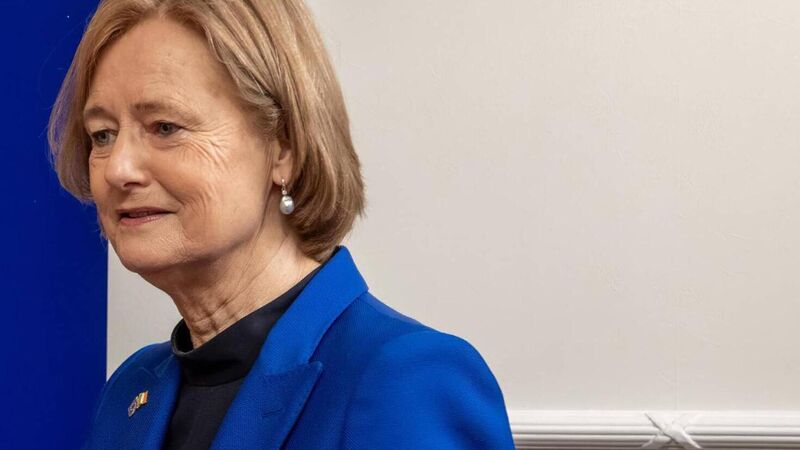Fine Gael MEPs say to expect 'more deportations' of asylum seekers from Europe

Fine Gael MEP Deirdre Clune said overall policy on migration was clearly not working. Picture: Colm Lougheed
Fine Gael MEPs have said the Dublin Convention on migration is not working and to expect "more deportations" of asylum seekers from Europe.
It comes as the EU is preparing for a new migration pact that will see tougher rules applied to arrivals.











